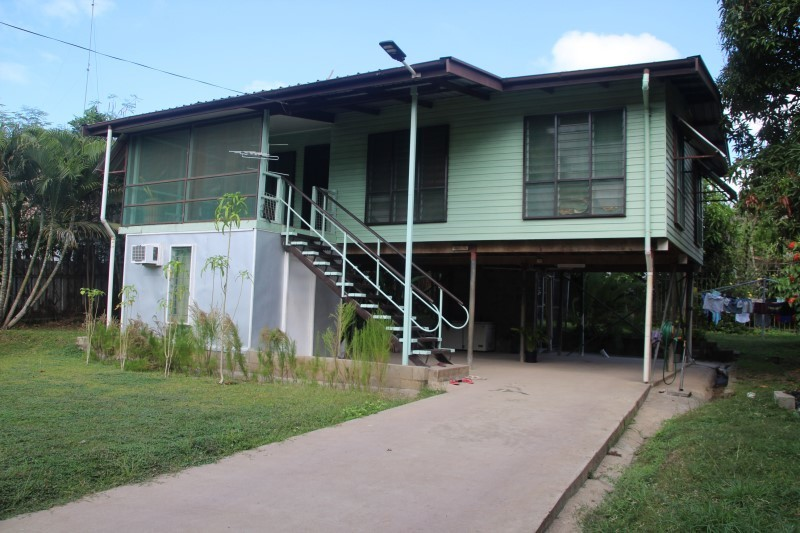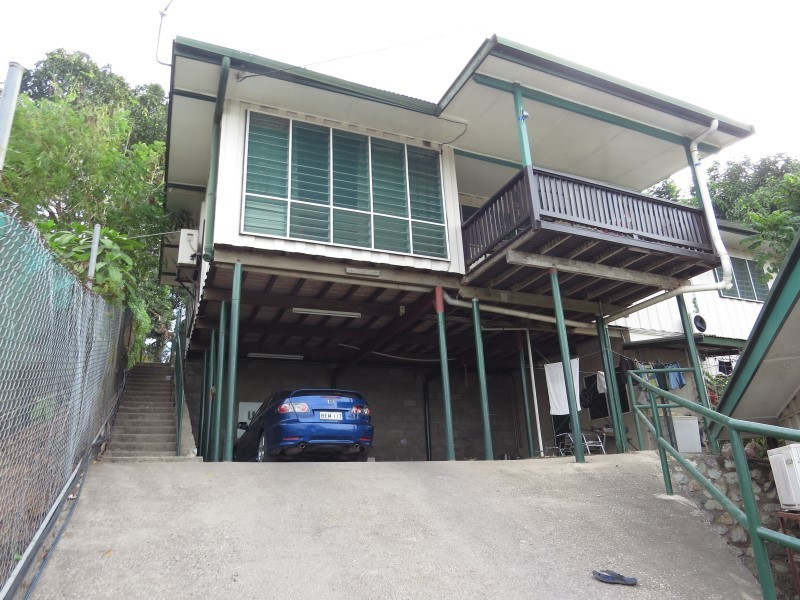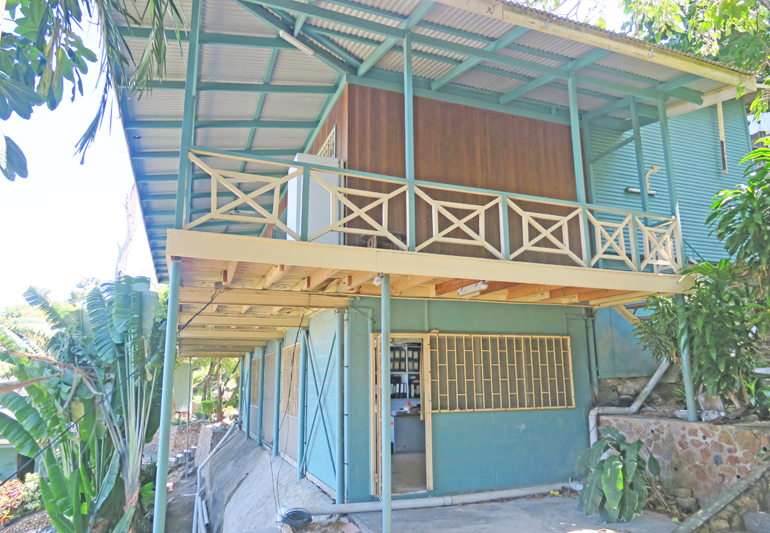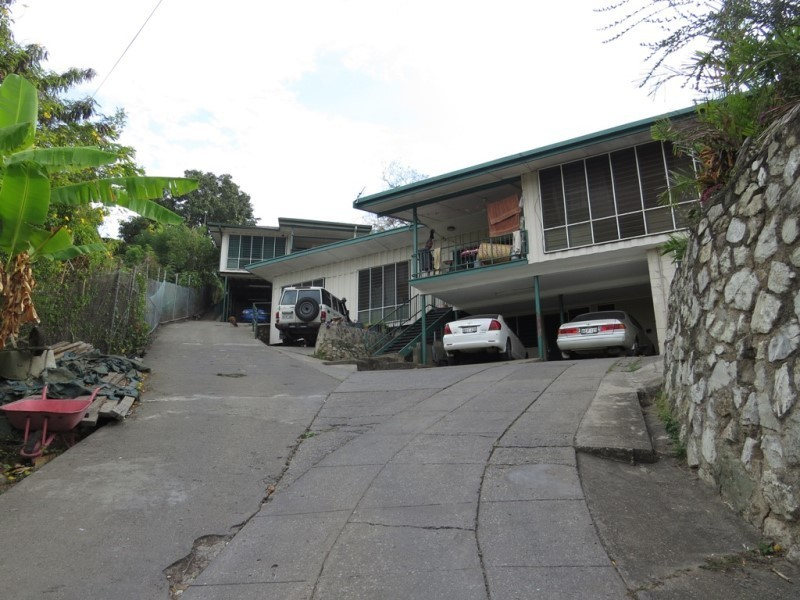Earnest money is a deposit that a well-intentioned buyer makes to a seller, in good faith that is, basically to buy a house. Although it may look as if it's an actual down payment, it's not - and this is where we must be able to differentiate down payment from good faith money.
For the sake of simplicity, in PNG context, earnest money can be compared to what is known as “tea moni” or an engagement pledge between a boy and a girl in most Papua New guinean culture and tradition.
For instance, when a boy and a girl have made plans to marry, traditionally, the boy will offer the girl’s parents or immediate family some form of guarantee that he will marry the girl. This can range from packets of cigarettes and bags of betel nuts, to pigs and garden foods, accompanied by cash and other items of value such as several cooking dishes, kitchen utensils and the like.
The occasion is usually low key, compared to the actual bride price ceremony which will happen later.
This in mind, one can easily understand the purpose of the earnest money concept in a home buying process. On the whole, earnest money can also be considered as a deposit on a home by the buyer in good faith; hence, another way of saying an escrow deposit.
As an escrow, earnest money begets two major elements which are:
-
A binding contract/purchase agreement between the seller and buyer
-
The conditional delivery to an independent, or better said, a neutral third party of an instrument or item of value, befitting the scenario
These two elements, separately, weave differing competing threads of narrative and instruments up until the end. Although these parts may vary due to your situation and the real estate professionals you’re working with, they’re as important as the closing itself.
Among these threads is earnest money. No matter how reserved-and-behind-the-scene earnest money can be, it can make or break the escrow, hence, the closing process. Depositing earnest money plays a significant role in the home buying process.
Sometimes referred to as “good-faith” deposit, the sole purpose of earnest money is to offer a piece of mind to the property seller that the buyer is in earnest, and it will help fund his or her down payment.
Usually in the form of a check, earnest money is cashed and held by the neutral third party in an escrow account - which resembles a trust account - with what is known in real estate as a title company, or an escrow broker’s account. Once you, as the buyer, deposit the money into escrow, the brokerage gives you a receipt - so your deposit is not in vain.
Supposedly all is smooth and without bumps, the buyer's good-faith offer is accepted by the seller, and there are instances where the earnest money amount can be more than enough to offset not only the down payment but closing costs as well.
As it stands, earnest money keeps on with down payments and closing costs beforehand. The best part about it is that if a buyer happens upon an issue with the house, and decides the issue is intolerable, earnest money can be refunded.
What is the required earnest money amount?
How much the earnest money amount is, will normally reflect factors such as seller's requirements, policies and limitations in each province, real estate agent recommendations, and the current market trends.
In some countries, however, the average earnest money amount is represented by 1%, or 2%, of the total purchase price of the house. Again, this will depend on the factors highlighted above.
So, if a house is on sale for K400,000, example, then the buyer’s earnest money deposit would be between K4,000 and K8,000 (0.01 x K400,000 or 0.02 x K400,000).
And where market trends dominate the overall impact on this average amount, you will come across corresponding effects like a slow market requiring a little less than 1% of the earnest money to be deposited. While a high performing market that has houses selling fast, deposits of 1% or 2% earnest money is not uncommon.
In essence, the tradition of earnest money dictates that the bigger the earnest money amount deposited, the greater the chances of you winning the bid on the house in question - in a way, that is. In fact, In such a scenario, the seller will be coerced by the circumstances to negotiate a little bit more than what you've already given.
But there's always the common courtesy of being mindful, as you do not want to put more than what you should be putting. Your earnest money deposit must serve its purpose. Otherwise, putting down a huge sum of deposit and losing its use for weeks or months on end, before the purchase contract closes is a misrepresentation of its true purpose.
In the ensuing course, you may end up getting some paperwork done for your lender, which will compensate for a strict verification of the source of the earnest funds, when a large deposit is involved.
And it won't be an issue if you're able to prove that you've been in possession of the funds for at least 60 days, or more.
When is the ideal time to make an earnest money deposit?
Depositing earnest money enters the scene immediately once the buyer's offer has been accepted by the seller, and the purchase agreement has been signed by both parties.
Who maintains the earnest money deposit?
The purchase agreement will stipulate this, and the holder usually varies by terminology and from country to country. Some will mention “title company”, while others will indicate a real estate brokerage.
During this time, it is crucial that you make a comprehensive credential check of the title company or real estate broker. The idea here is to verify who will take care of the funds, and that they will be held in an escrow account. It is also advisable that you never give the seller your earnest money; because if things go wrong, chances are you may never see your deposits again.
Rightfully preconceived, your earnest money is meant to be held in an escrow account until the sale of the home reaches its final stages. Upon fulfilling all obligations tied to the purchase agreement, the earnest money is released from the escrow account and divided between your down payment and closing costs.
Can earnest money be retrieved by the buyer?
If the contractual agreement is unsuccessful, in the sense that either the buyer or seller fails to uphold their end of the bargain, a small cancellation fee will be deducted from the deposit. The rest will remain in escrow.
Based on the terms and conditions stipulated in the purchase and sales agreement, the neutral third party will typically determine whether or not the buyer can have his or her deposits refunded.
Experienced buyers will have this in mind when going over the agreement with the seller. But things are said to get better only when the agreement contains what are known as contingency addendums, which depict how refunds will be handled.
For instance, an inspection contingency protects the buyer's interests during an inspection, should he or she points out an intolerable issue, while a financing contingency ensures that the earnest money is refundable if the buyer is unable to secure financing from a lender. Even with a title insurance.
Worthy of consideration, pre-approvals by lenders don’t always guarantee a favorable mortgage rate that the buyer can afford. There are times the lender will stop half way because the appraisal or valuation amount is less than the purchase price.
At this stage, a standard contingency will normally give buyers an insulation with the legal right to renegotiate the purchase contract, and get back their deposits.
As we type off here, we’ll leave you with this simple advice:
Win if you can. Lose if you must. But never quit!
Disclaimer
This article is meant for informational purposes only and is not intended to be construed as financial, or investment advice. Hausples encourages you to reach out for professional help regarding your own real estate situation.











Comments